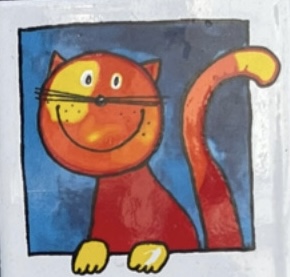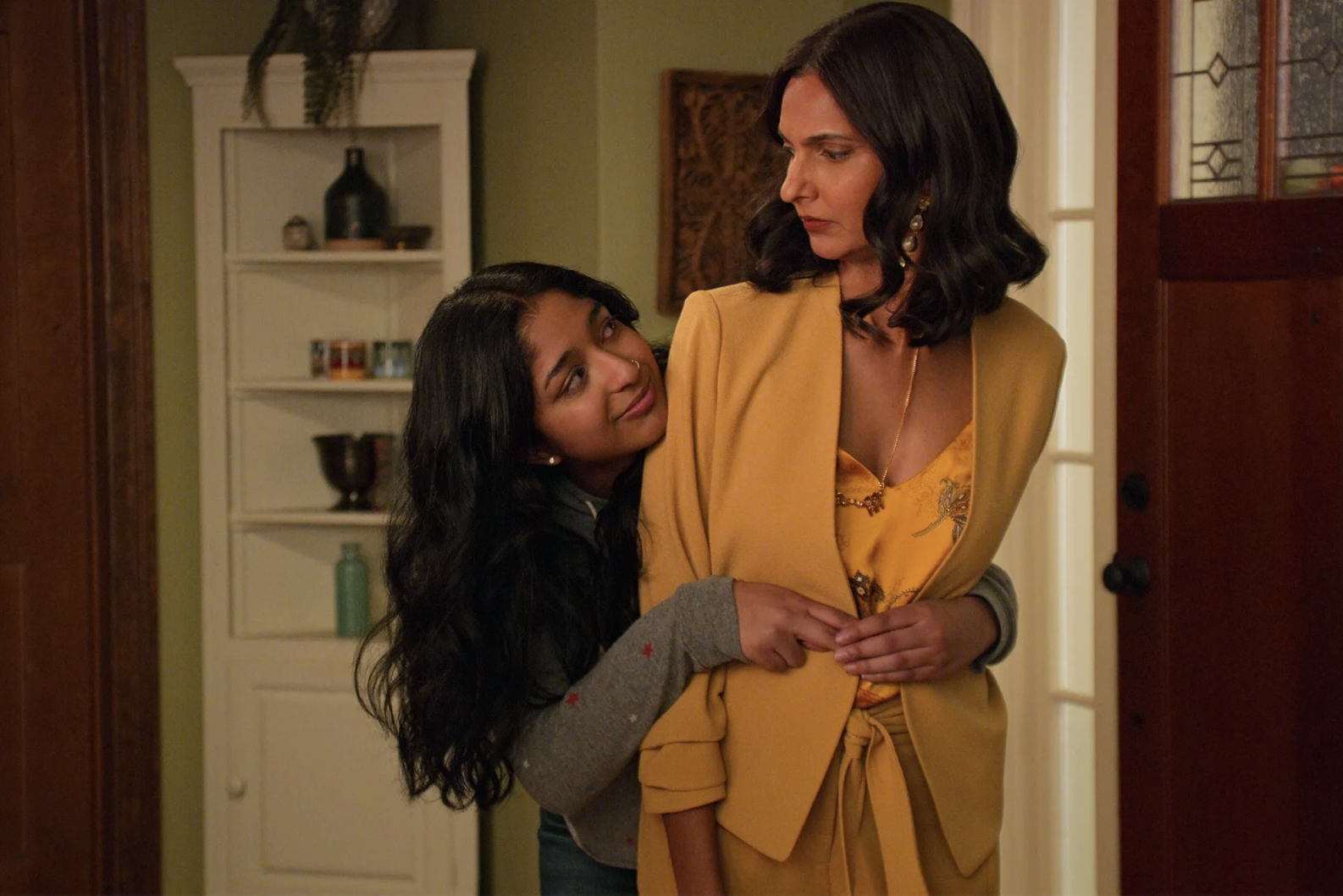When Never Have I Ever first released in 2020, everyone I knew told me I had to watch it because it was about me. But, they didn’t just say that because the main character is an Indian girl from a Tamil family who lives in California. They said it because she also lost her father while in high school and proceeded to only make bad decisions.
The second episode of the show opens with Devi’s therapist reminding her that she was enlisted to help Devi delve into her recent trauma, but they haven’t talked about her father at all thus far. Devi responds with, “What’s there to talk about? He’s dead, it made me sad. Now I wanna talk about a major event that could happen this week. Popping my cherry, doc!!!”
Many teenage girls are just like Devi and I, but most of them don’t witness the death of their dad at such a young age. With Never Have I Ever, Mindy Kaling, whose dad is very much alive, has accurately portrayed what such grief at such a specific time can be like–or at least what it’s been like for me.
Devi is self absorbed, boy crazy, and despite the obvious evidence that she has been deeply affected by her dad’s death, she brushes it off like it’s old news. The pressures and dreams of high school take precedent to grief.
My dad didn’t die abruptly the way Devi’s did. He had cancer, which meant I didn’t just suddenly lose him one day–I lost him a little bit every day since the moment of his diagnosis. In those few years, despite the increasingly evident toll the cancer was taking on him, the possibility & guarantee of his death was the last thing on my mind.
Instead I was consumed by the demands of being a teenager. I prioritized my friends, wanted the attention of boys, consumed alcohol and drugs, and thought mainly about myself–all horrifically unacceptable behaviors in an Indian household.
Devi spends two seasons of this show making mistake after mistake and at every wrong turn, the memory of her dad persists. While she prioritizes the prospect of having sex, going to parties, and being ‘cool’ over what people may think of as healthy grieving, she can’t help but see him when she leasts expects it and feel his presence when she needs it most.
My grieving process has been no different. There is always so much going on–whether you’re going through unimaginable trauma or not. When my dad passed, it was my senior year of high school and I had to focus on getting into college but also having fun–or at least I preferred focusing on that over my loss. Afterwards, my freshman year of college would be interrupted by a global pandemic–so, I had a plethora of options for what could be at the front of my mind.
As Devi approaches her senior year, her grief starts to show up differently; she sees her dad’s old racket and is transported back to the moment he bought it, she thinks she sees him in the audience of her orchestra concert, and she becomes overwhelmed by her loss when she witnesses Paxton’s father embrace him at his graduation.
Devi is a lot happier than she’s been in the past; she’s making better decisions, prioritizing her friends over her romantic prospects, even slowly improving her relationship with her mother and her own self image. This healthier environment only makes more space for her dad to find new ways of showing up and reminding Devi of the love they have left within each other.
I’ve settled into my life in New York as I approach my senior year of college– I have close friendships that I cherish, a happy and healthy romantic relationship, and I call my mom multiple times a day.
It is precisely because of that, that I find myself wishing for the company of my dad more than ever. I wish that I could tell him what TV shows I’m watching, introduce him to my boyfriend, share a legal drink with him, and listen to Bollywood music together.
I think of him when I see ads for the new Game of Thrones show, knowing he would’ve watched it right when it premiered. I think of him when I see that a Bollywood movie with his favorite actors is being released on his birthday. I think of him when I see friends turn 21 and go to Napa with their parents. I think of him when I see any Indian man over the age of 45.
I think less about all the life he should have lived and more about all the life he would have loved to witness.
Currently Reading:
- Orientalism by Edward Said

